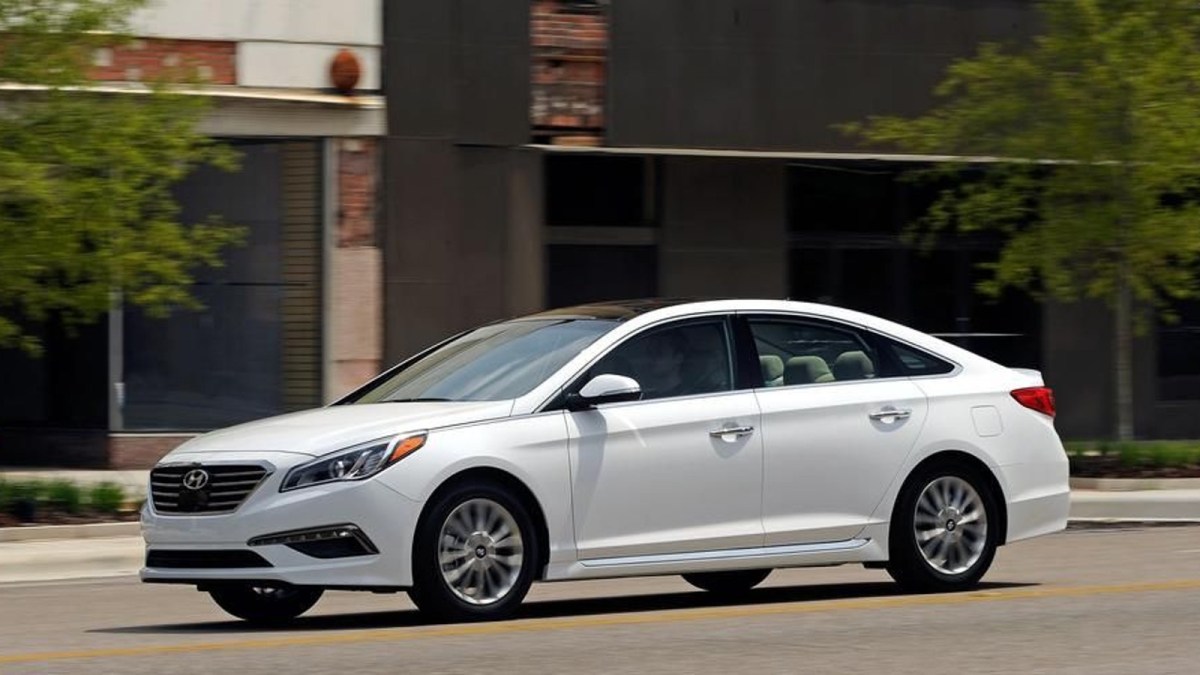And so the question remains: are machining errors to blame for the engine problems that have plagued Hyundai and Kia vehicles in recent years?
In recent years, both Hyundai and Kia have faced significant backlash from consumers due to a series of engine-related issues. From engine fires to engine failure, the problems have been wide-ranging and have resulted in massive recalls and a tarnished reputation for both automakers. While both companies have taken steps to address the issues and provide compensation to affected customers, the root cause of the problems remains a topic of debate.
One of the leading theories behind the engine problems is that machining errors during the manufacturing process may be to blame. Machining errors, which can occur during the production of engine components, can lead to improper fits, misalignments, and other issues that can result in engine malfunctions and failures. While Hyundai and Kia have not officially confirmed that machining errors are the root cause of the engine problems, some experts believe that this may be a likely explanation.
Machining errors can occur at various stages of the manufacturing process, from the casting of engine components to the final assembly of the engine itself. Factors such as worn or improperly calibrated equipment, human error, and inadequate quality control measures can all contribute to machining errors. In the case of Hyundai and Kia, it is possible that these errors went undetected during the quality control process, leading to engines being installed in vehicles that were not up to standard.
The consequences of machining errors in engines can be severe. These errors can lead to issues such as oil leaks, engine stalling, overheating, and even fires. In some cases, machining errors can cause catastrophic engine failures that require costly repairs or even engine replacements. The impact of these issues on consumers can be significant, not only in terms of financial costs but also in terms of safety and peace of mind.
In response to the engine problems, Hyundai and Kia have initiated massive recalls to address the issues and provide repairs or replacements to affected customers. These recalls have been costly for the automakers, both in terms of financial compensation and damage to their reputations. In addition to the recalls, both companies have also implemented changes to their manufacturing processes and quality control measures in an effort to prevent similar issues from arising in the future.
Despite the steps taken by Hyundai and Kia to address the engine problems, the issue of machining errors as a potential root cause remains a concern for consumers and industry experts alike. Until the automakers provide a definitive answer on the cause of the engine problems, the debate is likely to continue. In the meantime, consumers are encouraged to stay informed about any recalls or issues related to their vehicles and to contact Hyundai or Kia directly if they experience any engine-related problems.
In conclusion, while machining errors may indeed be a contributing factor to the engine problems plaguing Hyundai and Kia vehicles, the issue is complex and multifaceted. It is crucial for both automakers to continue to be transparent and proactive in addressing the problems and ensuring the safety and satisfaction of their customers. Only through a combination of improved manufacturing processes, quality control measures, and ongoing oversight can Hyundai and Kia truly put an end to their engine troubles and rebuild the trust of consumers.
